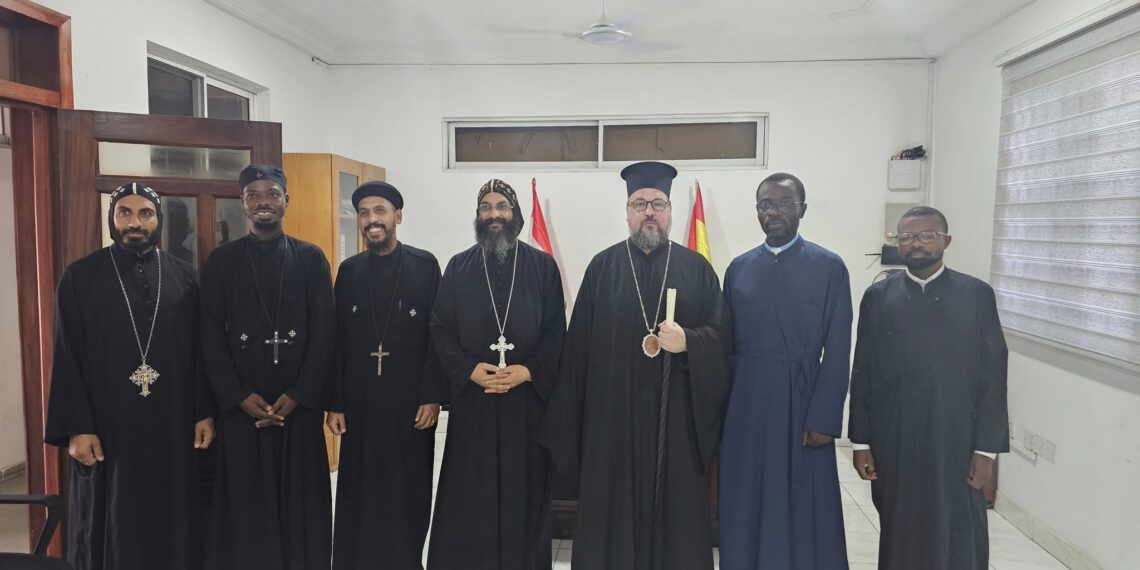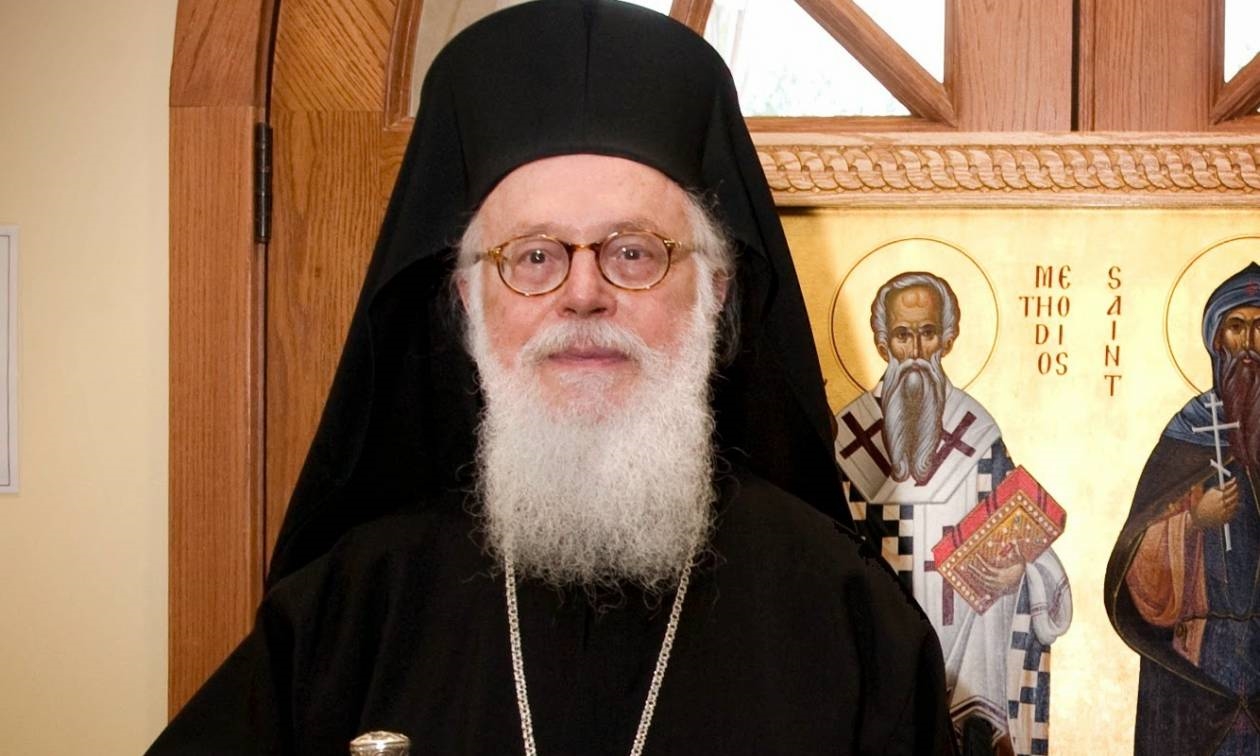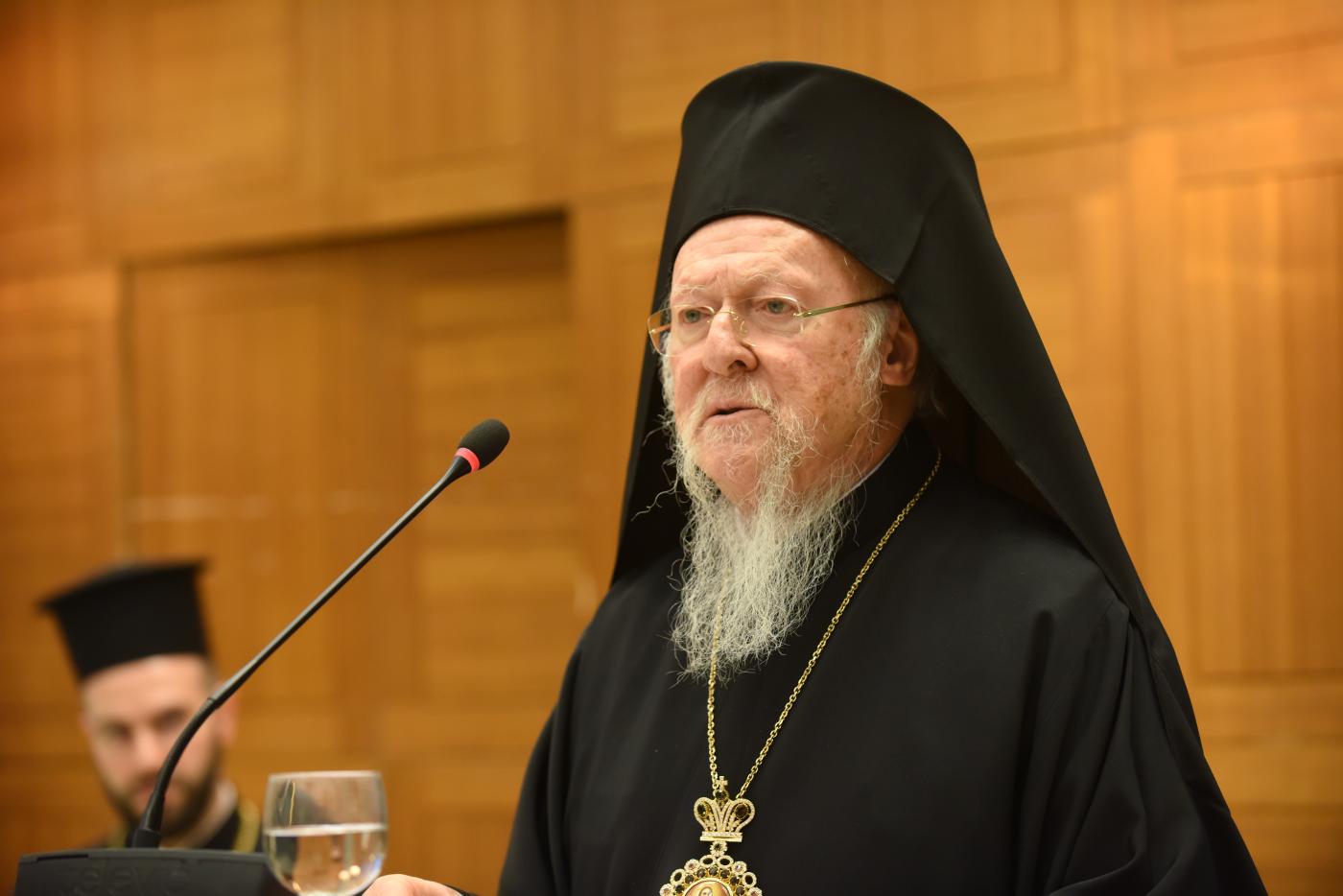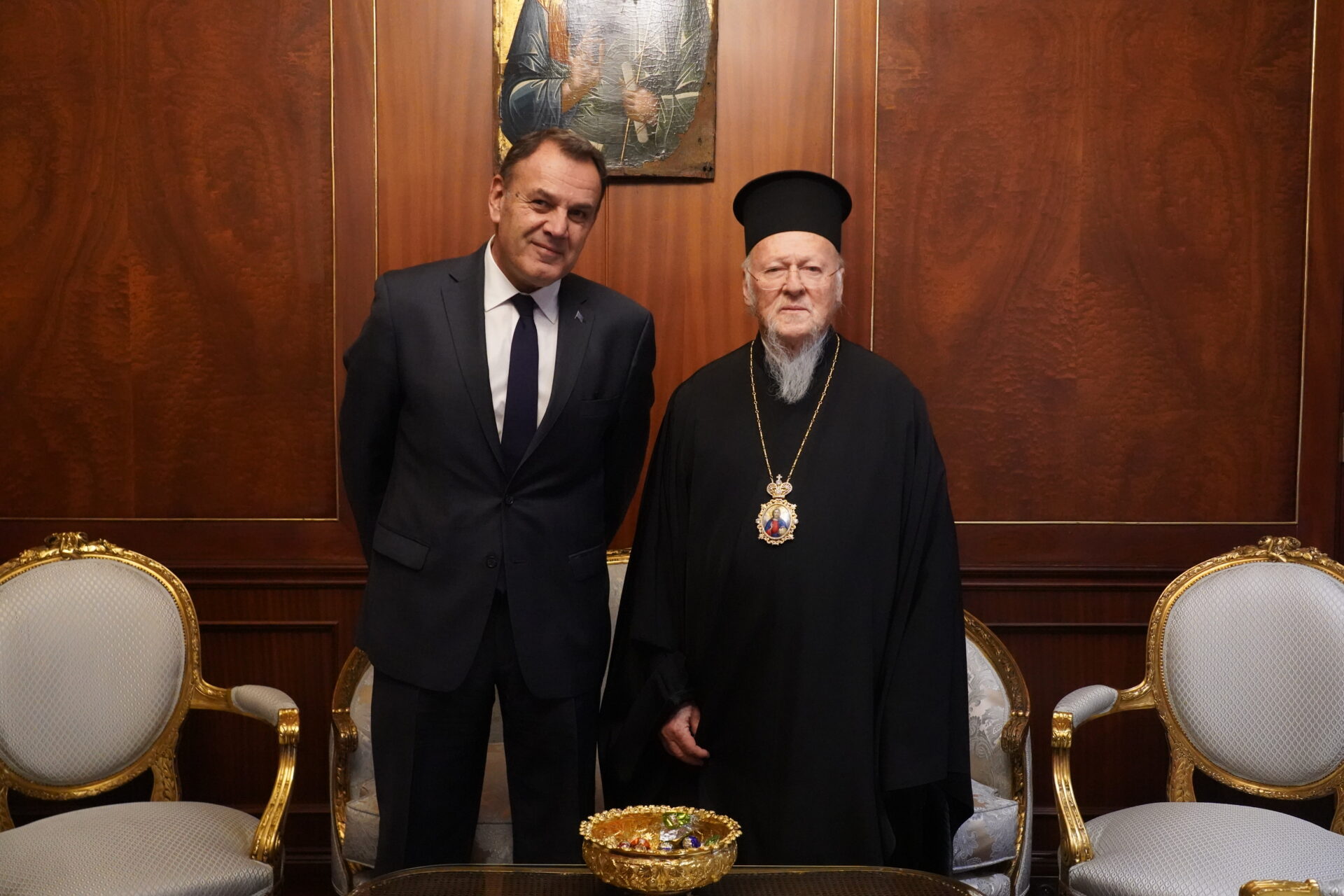Patriarch of Romania: “The Triodion is a time of intense spiritual preparation”
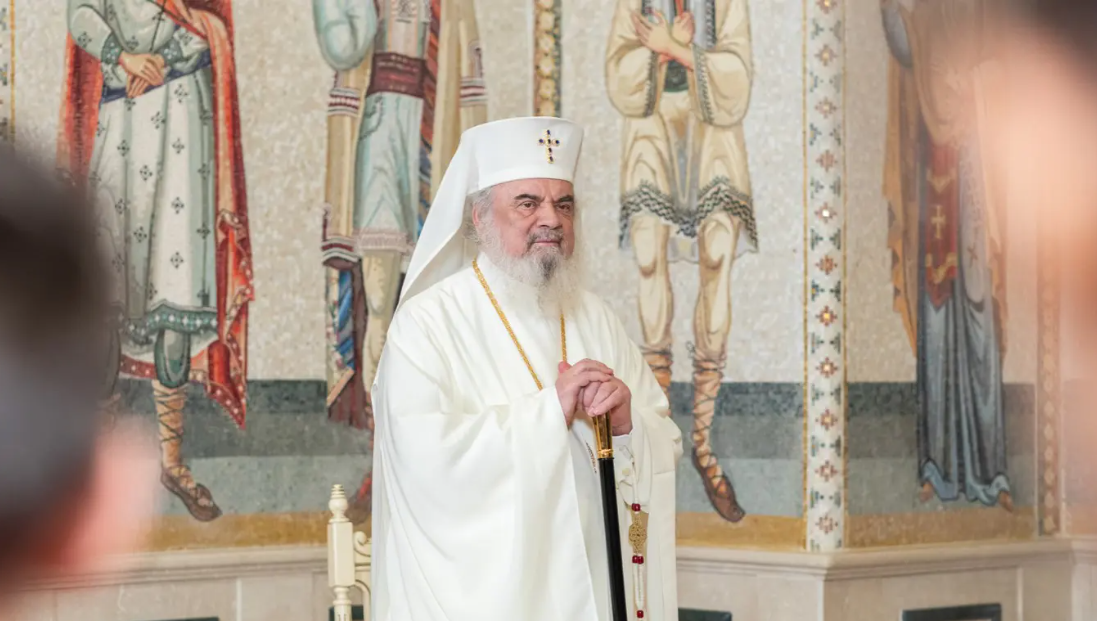

His Beatitude Patriarch Daniel of Romania urged, at the onset of the Triodion, from the altar of the historic chapel of the patriarchal residence, that to be pleasing to God, we should emulate the Pharisees’ practice of conducting good deeds and the tax collector’s humility.
Triodion begins
Patriarch Daniel noted that Orthodox believers entered an intense time of preparation “a time of repentance, a season of spiritual preparation, an ascent to the resurrection. First, towards the soul’s resurrection from the death caused by sin and then towards the Resurrection as Holy Pascha.”
“The Triodion is a time of intense spiritual preparation, while the first four preparatory Sundays indicate that during this season there are four main works: humble prayer, sincere repentance, generous almsgiving, and fasting or abstinence.”
“These four works are intertwined,” the Patriarch said on February 25.
“They are constantly present during this period, and the Church has ordained that these preparatory Sundays accustom us to the entire Lenten season, in that these four great actions mean the spiritualisation of the soul and the body. During this period, we pray more, repent more intensively, commune more frequently, give alms, and refrain from food and sins.”
“This Lenten season is a spiritual school,” the Patriarch added.
The tax collector and the Pharisee
“Therefore, the first Sunday of the Triodion puts before us the humble prayer of the sinful publican in contrast to the arrogant and contemptuous prayer of the Pharisee, who considered himself a righteous man and thanked God that he was not like others.”
The Patriarch of Romania found it remarkable how the Gospel of the First Sunday of the Triodion depicts the spiritual states and dissimilar appearances of the two individuals in the parable in such a brief number of words:
“The Pharisee, during prayer, stands straight, haughty, boldly and prays in his mind, that is, without words, he prays in thought and for himself. The Pharisee turns the satisfaction of God into self-satisfaction. He does not thank God for helping him to do good deeds but thanks Him for having the opportunity to compare himself with others whom he judges and despises. So, he is a man who formally prays, but, during the prayer, he praises himself, not God.”
“On the other hand, at a certain distance, the tax collector did not even want to raise his eyes to heaven but beat his chest as a sign of humility and sadness, saying: God, be merciful to me, a sinner! He only said that God’s mercy is the only one that can forgive and save him. He does not say what sins he had committed, nothing about himself, but only asks for God’s mercy in total humility.”
“That’s why the Saviour says that the tax collector went down to his house more justified than the Pharisee,” His Beatitude Patriarch Daniel noted.
“For all those who exalt themselves will be humbled, and those who humble themselves will be exalted” is the parable’s conclusion. “This reflexive form used here can be translated as follows: Whoever exalts himself will be humbled, and God will exalt him who humbles himself,” said Patriarch Daniel.
A synthesis to salvation
“Today’s Gospel does not want to say that Jesus prefers the sinful but humble publican and rejects the virtuous but proud Pharisee”, His Beatitude noted, but “wants to show that humility is greater than good deeds.”
Paraphrasing a hymn from the Matins service of the first Sunday of the Triodion, Patriarch Daniel exhorted: “Let us do good deeds and cultivate humility. Let us learn good deeds from the Pharisee and humility from the publican, and by uniting good deeds with humility, we shall end up pleasing God.”
“This synthesis between good deeds and humility is the teaching that shows us the right path to salvation.”
Humility vs. good deeds
“Humility is preferable to a good deed if the good deed is accompanied by pride, self-praise, judgment, and contempt towards others,” Patriarch Daniel said.
“Why? When the man who has done good deeds judges others and praises himself, only self-love is in his soul. And because it has no humble prayer, God’s merciful love has no more place.”
“When a man prays in humility, his prayer brings the grace of the humble and merciful love of Christ”, His Beatitude highlighted.
The Patriarch of Romania said that humble prayer is “the first step of the spiritual feats during Great Lent”, and through it, man “begins to heal from the wounds caused by sins and passions, to rise from the fall.”
Prostrations are the illustration of this fact. They show “that man bows with his forehead to the ground recognising that his sins are often passionate inclinations for earthly things while raising means to raise through repentance, confession, and Eucharistic communion, as a result of the grace of Christ in the human soul.”
Photography courtesy of Basilica.ro Files / Raluca-Emanuela Ene
Source: basilica.ro

